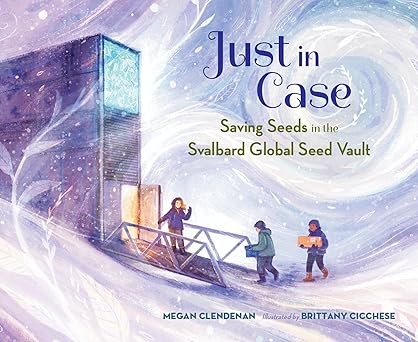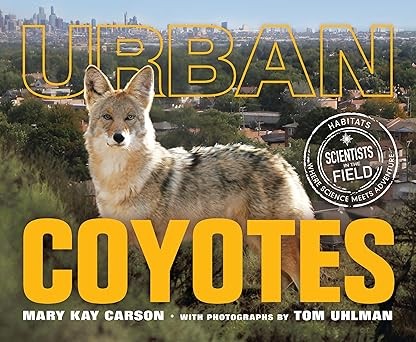
Alexander is a poet, an educator, and a New York Times best-selling author. He believes that poetry and language can change the world. His website, kwamealexander.com includes a kid-friendly biography. One thing that might interest middle school kids is that he wrote his first three books while sitting in a chair at Panera Bread. He divulges that he has eaten some pretty nasty things (have kids read the bio to find out what). Most importantly, he is using his skills with poetry and language to truly change the world. He has been building schools and clinics in Africa and leading out in workshops to teach kids to use writing to change their own worlds. He has created a curriculum for doing this. Teachers will want to explore the website—it will be an amazing, and free, professional development experience.
This book received the prestigious Newbery Medal and Coretta Scott King awards. It is a chapter book, with each chapter written in free verse, which chronicles the thoughts and realities of twin brothers who are coming of age with basketball both uniting and dividing the family. After sitting next to Kwame Alexander at a literacy luncheon, and then hearing his presentation, I was excited to read his 2015 Newbery book. When I started to read the book I just could not connect, like many of my college students who begin reading the book. I was not so interested in basketball and feared I would never read the book that was so acclaimed. However, I picked it up a few evenings later and I did not put the book down until it was finished. The characters, settings, and themes (e.g., sibling rivalry, coping with loss, family, loyalty) are powerful and elegantly conveyed—all within the context of playing basketball. College students have had a similar experience of having difficulty connecting with the book. One of my male students, this semester, is a basketball player who has not enjoyed reading. But every element of this book—the characters, the themes, the punchy and pithy verse, the prosody clues—got him more and more animated as he would discuss the book in class. Alexander’s writing provided him with the sensory images needed to fully experience the game and the life lessons being learned. I believe this will happen with many of your reluctant readers.
Teaching points are prosody clues, telling a story in free verse, metaphors, Newbery Award, Coretta Scott King Award, loss, sibling rivalry, and basketball. Another teaching point would be to have middle school students see the different ways to write a biography. See Alexander’s website for an example of a formal biography, a kid-friendly biography, and a super short biography. Have them stand on the shoulders and try writing autobiographies (or biographies) using these structures. There is also a Comedy Central video with Kwame talking about using poetry to cope with an uncertain world and performs his poem, “Take the Knee.” Before just showing this you’ll want to watch the interview to determine if some of the ideas are appropriate for your classroom. It’s a five minute video. I was not comfortable with some of the ideas but he also has a way of connecting with ideas kids usually don’t find tolerable. And the performance of his poem is powerful (appropriate for Social Issues & Culture with current events).
Pathways Themes: Friends & Family, Personal Feelings & Growth
Reviewed by Krystal Bishop, EdD
Professor of Education
Southern Adventist University

